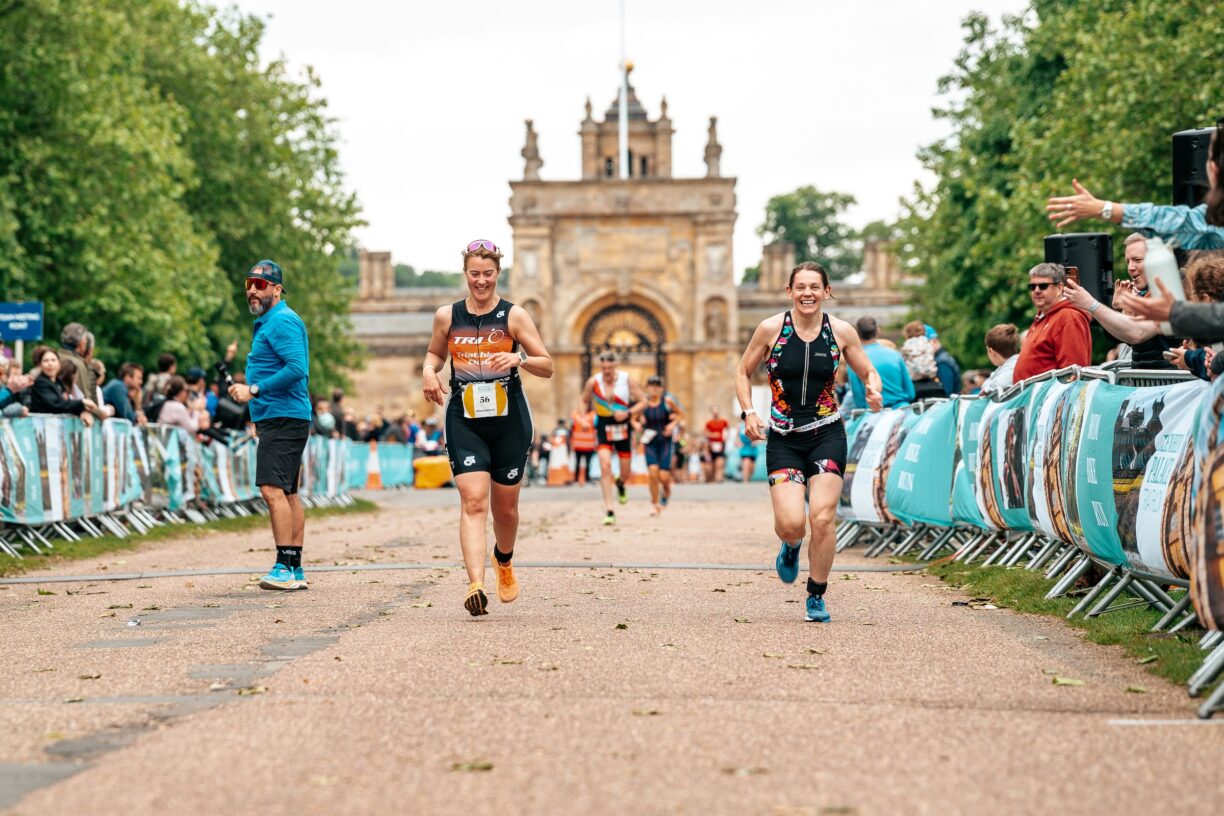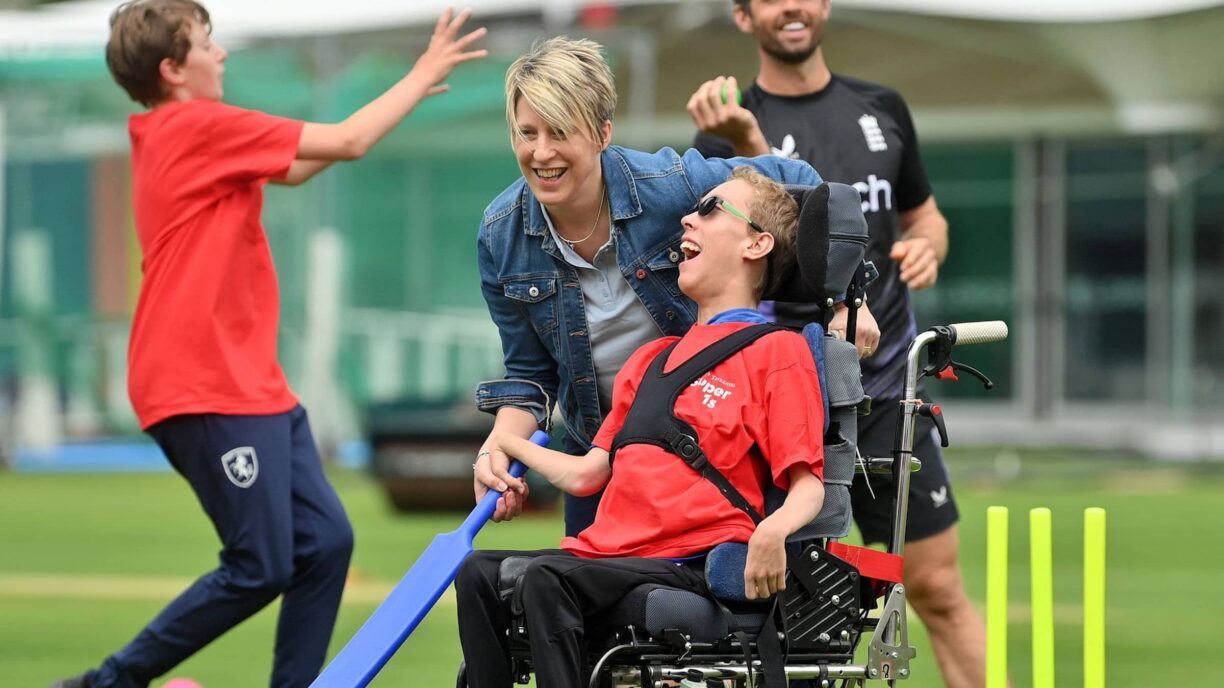This summer has been nothing short of a sports extravaganza. From England’s dramatic Euros final to the thrills of Wimbledon and Lewis Hamilton’s British Grand Prix triumph, the sports calendar has been packed with inspiration.
Now, as the Olympics approach, it seems that the buzz isn’t just fleeting excitement. New research from London Medical Laboratory shows that nearly half of younger Brits have been inspired to take up a sport after catching the action on TV or in person.
Dr. Avinash Hari Narayanan, Clinical Lead at London Medical Laboratory, notes that this enthusiasm isn’t limited to the young.
About 30% of Brits across all age groups who’ve watched major sporting events recently feel motivated to embrace a new sport or fitness routine.
This aligns with a similar study from 2011, though today’s viewers often follow sports on mobile devices rather than traditional TV.
Despite the surge in motivation, Dr. Narayanan advises caution. Before diving into a new sport or fitness regimen, it’s crucial to assess your current fitness levels.
Here’s what you should consider before you start:
1. Get a Fitness Assessment
- Local Sports Clubs: If you’re joining a local club—be it for tennis, football, cricket, or bowls—discuss your current fitness and experience with the coach. This helps tailor your participation and avoid injuries.
- Gyms: Most gyms offer a fitness assessment before starting a new routine. Expect to be weighed, measured, and tested for body fat, flexibility, and stamina. This baseline will help track your progress and adjust your workouts as needed.
2. Consider a Sports Fitness Profile Test
- Blood Tests: For a more detailed view of your fitness, a sports fitness profile test can be invaluable. This test evaluates your blood to assess muscle and bone health, cholesterol, iron levels, hormones, and vitamins. Understanding these indicators can help tailor a fitness regime to your specific needs.
- Key Biomarkers: Tests usually cover a range of indicators including a full blood count, liver and kidney function, iron levels, cholesterol profile, inflammation, magnesium, vitamin D, vitamin B12, and testosterone. Monitoring these can offer insights into your readiness for a new exercise routine and help prevent any health issues from arising.
3. Track Your Progress
- Ongoing Testing: Regular blood tests can help track how your body responds to increased physical activity. This ongoing monitoring is crucial for adjusting your fitness plan and maintaining overall health.
For those interested, London Medical Laboratory offers a comprehensive Sports Fitness Profile test measuring 54 key health indicators.
While many of their tests are available via simple finger-prick at home, the Sports Fitness Profile requires a full blood draw.
Appointments can be scheduled at one of their 120 UK locations or at home with a trained pharmacist.
Before you leap into a new sport or fitness plan inspired by this summer’s events, ensure you’re equipped with the right information about your health.
For more details on the Sports Fitness Profile test, visit London Medical Laboratory’s Sports Fitness Profile.





